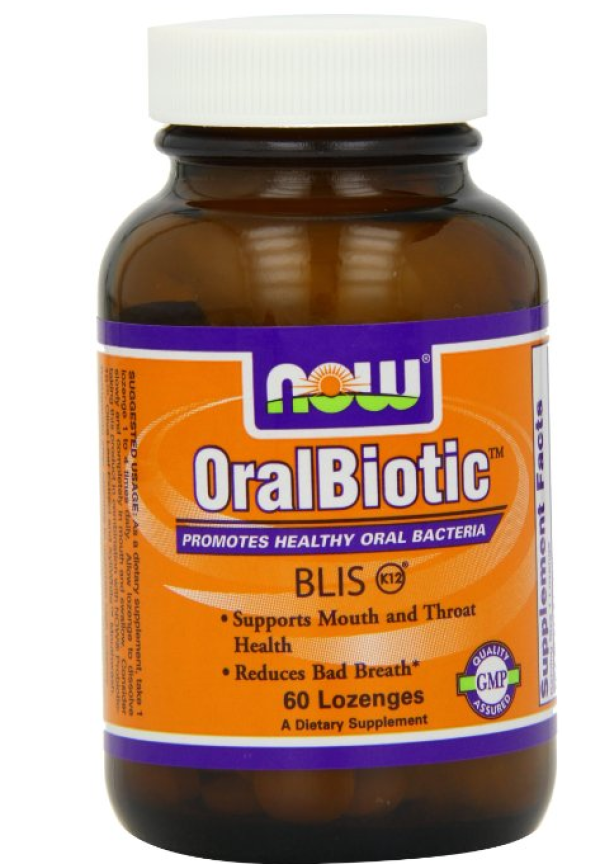Looking beyond those pearly white teeth, straight as a picket fence, can sometimes be challenging but by making use of this article on the salivary glands you will be one step closer to staying in addition to your oral hygiene.

This's the end article in a number of four vital posts on dental anatomy to keep the dental hygiene of yours at its best. Don't ignore that preventative screenings with your dental professional can help with earlier detection as well as modification of health threatening illnesses as gum disease, decay, and oral cancer. No article would be full possibly without the encouragement for tobacco and smoking cessation. Use of tobacco products significantly increases the risk of yours for harmful dental cancer and disease not to mention the price to the wallet of yours when regular cleanings are not enough to keep the residue build-up at bay.
This specific content will discuss stones in the salivary ducts, swelling of the salivary glands, and
viruses that affect the salivary glands of ours. We've 3 (a total of six) salivary glands in the jaws. The parotid glands are the biggest of the three followed by the submandibular (below the bottom portion of the jaw) and sublingual (under the tongue) glands. The salivary glands are important for that, producing saliva. And so why do we've saliva? Saliva carries vital enzymes needed for the initial breakdown of carbohydrates (starches, sugars, etc.) in our mouth. This's the pioneer chemical breakdown of foods in the mouth of ours. We also mechanically break down our meals with the teeth of ours when chewing.
Issues can arise in the salivary glands which may be wrongly identified as mouth pain or possibly feel like a cavity due to the glands close proximity to tooth as well as jaw bone. Salivary duct stones can form and usually cause pain when the mouth waters in reaction to a familiar smell of your favorite food. This is because the glands are attempting to secrete saliva, although the saliva is blocked by the stone producing a good deal of back stress. Most stones are sufficiently small for an individual to pass on their own, but check with your doctor or dentist.
Similarly, prodentim reviews bbb (
Suggested Reading) the salivary glands can become inflamed. Inflammation of any of the salivary glands could be caused by a number of items including, allergies, infection, obstruction, poor dental hygiene and systemic illnesses like lupus or diabetes. In this instance, the glands are going to be very unpleasant and tender to touch. Of particular note, swelling of the parotid salivary gland as a result of Mumps virus is prevalent in un-immunized kids. In the United States, the Mumps vaccine is on the common schedule of childhood immunizations, however the number of un-immunized children in the U.S. is rising plus more mumps infections are being seen.

Regular visits to the dentist of yours are clearly recommended for good dental hygiene and monitoring.